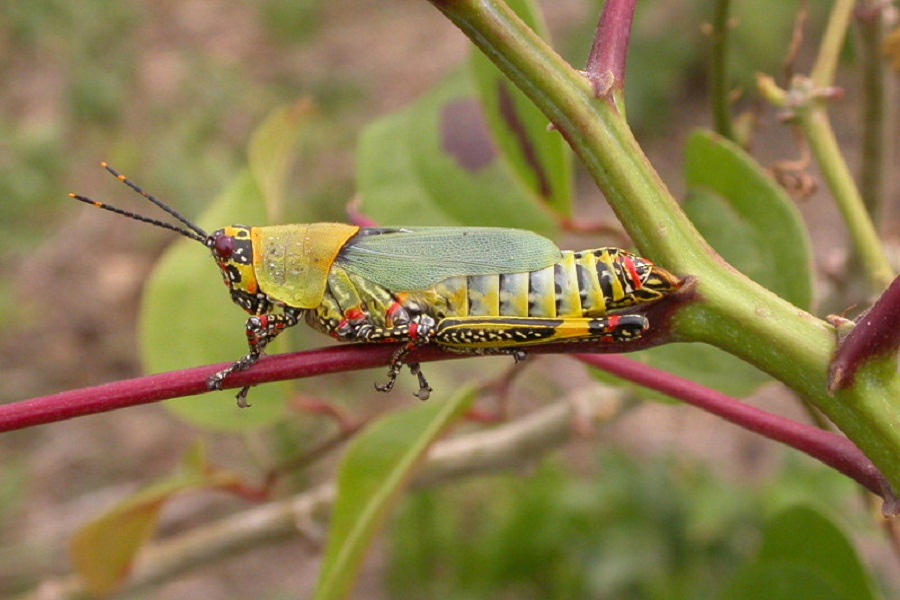
Published :
Updated :

In this current age, the agricultural sector is experiencing a revolution with technology, bioengineering, and even artificial intelligence. Implementing genetic engineering in agriculture has always raised profound questions about the alliance between humanity and the insect kingdom.
Like Ant-Man from Marvel comics, who commands his legion of tiny insects against his opponents, can genetic engineering harness such power over insects to become allies in agricultural development, or will it have a terrible effect in the future?
DARPA, the enigmatic research wing of the United States military, is famous for its daring pursuit of cutting-edge technology. DARPA made an ambitious choice by allocating an astounding $27 million to the Insect Allies project, which aims to kickstart a new era of genetic engineering at the crossroads of insects and agriculture.
This unique attempt seeks to use insects' natural abilities to change vital crops such as maize and tomatoes genetically, paving the path for robust agricultural systems in the face of rising environmental challenges.
At the heart of the research is a new technique for genetic engineering, genetically engineered viral vectors that use insects to transfer specific genes into crops. Unlike traditional testing methods, this unique approach can spread genetic modifications across vast farmlands.
Imagine a world where crops are fortified against the effects of climate change, with insects acting as unintentional agents of agricultural transformation.
Amidst these technological marvels, there are valid concerns and fears. The dual nature of powerful technologies, capable of serving good and evil purposes, comes into play.
While DARPA asserts that the Insect Allies project is solely focused on bolstering national security through agricultural resilience, many critics are alarmed about the potential for unforeseen consequences. Could this seemingly innocuous project morph into a covert bioweapon, posing a threat to global ecosystems and food security?
The debate rages on, fueled by a vision of a future where insects could hold the key to agricultural salvation or herald the onset of an ecological catastrophe. As scientists and policymakers grapple with the ethical and strategic implications of genetic engineering, one thing is sure: the future of humanity's relationship with insects hangs in the balance. Only time will reveal whether this daring agricultural experiment will triumph or fail. The stakes have never been higher in a world where the boundaries between science fiction and reality are becoming increasingly blurred.


 For all latest news, follow The Financial Express Google News channel.
For all latest news, follow The Financial Express Google News channel.